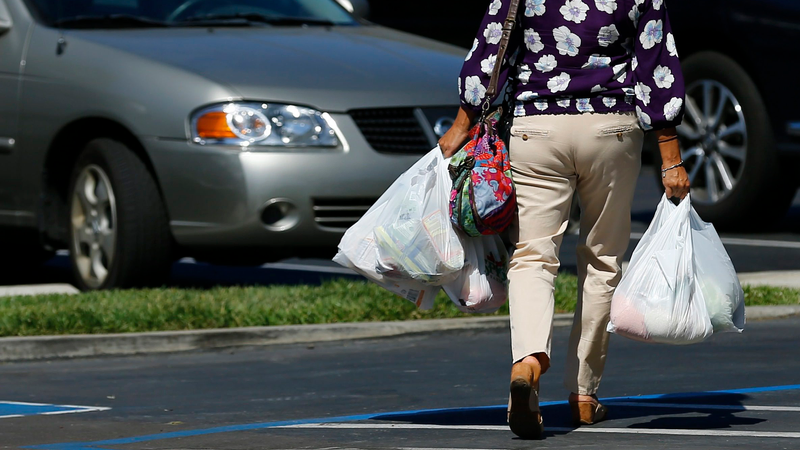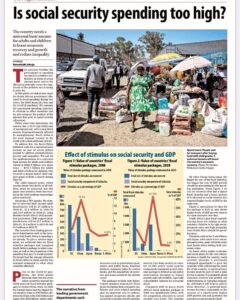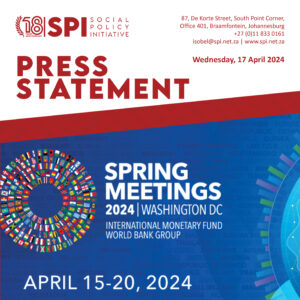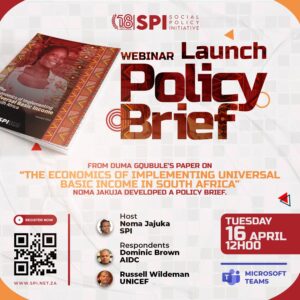Durban – Economists and civil society groups have agreed with the assertion that consumers are currently struggling with their finances more than they did amid the start of the Covid-19 pandemic, due to high inflation, rising interest rates, rising fuel costs and constant load shedding.
The Altron FinTech Household Resilience Index (AFHRI), which was recently released, reported that South African households were worse off in first quarter of this year compared with the same period in 2020. The report indicated that during the first quarter of this year household financial resilience declined by 2.4%, compared with the fourth quarter of last year, and by 1.8% year-on-year.

The director of the Social Policy Initiative (SPI), Isobel Frye, agreed consumers were struggling more this year.
“One of the major issues is the challenges that the economy is facing, which include load shedding, rising interest rates, rising fuel costs, inflation and higher food prices. During the Covid19 pandemic we did find that there was support for the unemployed and working-class consumer through the social relief of distress grant (SRD) and the Covid-19 Temporary Employee/ Employer Relief Scheme (Ters). There was also an increase in social grants.”
Frye said some of those intervention measures were no longer in place.
“There is unfortunately no relief or intervention for businesses and consumers that are being badly affected by load shedding. We also have to look at food inflation, which has increased resulting in higher food prices. If we look at the SRD it has stayed the same since it was introduced, and social grants have not increased in line with inflation.”
Dr Kelle Howson, a senior research consultant at the Institute for Economic Justice (IEJ), said raising interest rates only added to the pain. “We need policies that both protect the most vulnerable, and catalyse structural transformation. We need to reform our tax system to better redistribute wealth and include more people in the economy, and we need a universal basic income grant.”
Advocate Lavan Gopaul, an economist and director of Merchant Afrika, said: “If we look back at before the Covid-19 pandemic, we already had credit agencies that were downgrading South Africa’s credit ratings. When that happens already there are foreign investors who will refuse to do business because of your current standing, which negatively impacts the economy.
“The conflict between Russia and Ukraine has affected both fuel prices and inflation. The increase in fuel prices has resulted in higher inflation and food prices. This has resulted in the Reserve Bank’s Monetary Policy Committee hiking interest rates, which is the only tool the Reserve Bank uses to control inflation. This results in the consumer paying more for debt repayment due to higher interest rates.”
Professor Irrshad Kaseeram, of the University of Zululand’s Economics Department, said: “During Covid-19 spending was less due to working from home, inflation was in the 4% range and the government was offering support to the unemployed. Now inflation is high, unemployment remains high at 32-34% with high mortgage payments, heavy fuel prices and a depreciated exchange rate, which means the cost of living is extremely high.” Kaseeram said 50% of the working population earned about R12 300 a year (R1 030 a month), while only 10% of South Africans earned R780 300 per year (R65 310 per month).
“The middle income of about 40% earn R82 650 per year (R6 890 per month) – these figures are from October 2022 they need to be adjusted upward by about 7% due to inflation adjustments. Hence about 90% of working people are finding it difficult to make ends meet.”









